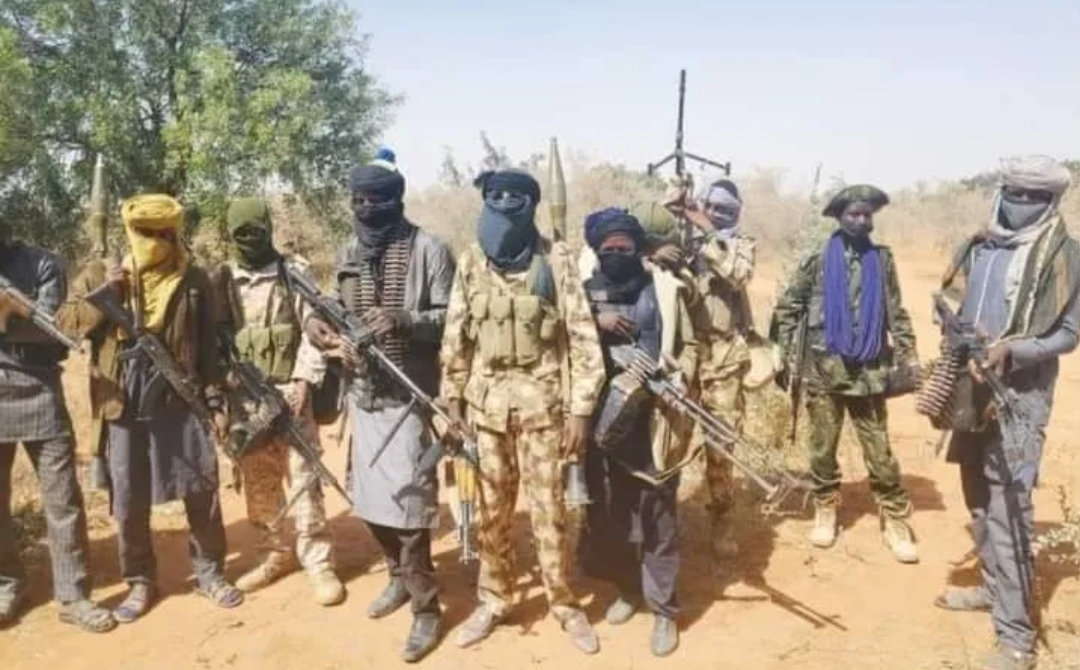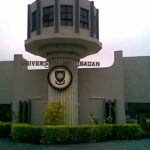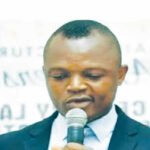
THE incessant attacks by bandits in the North-West and North-Central regions of Nigeria have escalated to alarming levels, necessitating an urgent overhaul of the country’s security architecture. On June 6, the Senate unequivocally called on President Bola Tinubu to revamp the security system to address the escalating insecurity that threatens not only lives but also the country’s economic stability.
Since Tinubu took office, the security situation in Nigeria has continued to deteriorate, particularly in the North-West and North-Central regions.
According to the Nigeria Security Tracker, over 3,000 Nigerians have lost their lives to banditry and terrorism-related incidents in the past year.
The frequency and brutality of these attacks have instilled fear and uncertainty among the populace, undermining trust in the government’s ability to protect its citizens.
The upper legislative chamber, in a motion moved by Nasiru Zangon-Daura (APC, Katsina North) and co-sponsored by 10 other lawmakers from the North-West, expressed grave concerns over the worsening insecurity. Zangon-Daura lamented that despite substantial financial allocations by state governments to support security agencies, tangible results remain elusive.
This failure has severely impacted agricultural activities and food production, exacerbating food insecurity and inflating the cost of living.
The economic repercussions of the persistent insecurity are profound. Agriculture, which is the backbone of the North-West and North-Central regions, has been severely disrupted. Farmers are unable to access their lands for fear of attacks, leading to reduced agricultural output. This decline has had a domino effect on food prices nationwide, contributing to the skyrocketing cost of basic commodities.
The National Bureau of Statistics reported a 20 per cent increase in food prices over the last year, a trend directly linked to the insecurity preventing farmers from cultivating their crops.
Moreover, the instability has deterred potential investors and disrupted trade, further crippling the local economies and plunging more Nigerians into poverty.
Prominent voices in the Senate, including Aminu Tambuwal (PDP, Sokoto South) and Abba Moro (PDP, Benue South), have called for immediate and decisive action. Tambuwal urged Tinubu to declare a state of emergency in the North-West to enable the military to effectively combat the bandits.
Moro stated, “The time to take decisive action is now. The leadership of the Senate should interface with Mr President to address this issue.”
Muntari Dandutse (APC, Katsina South) highlighted the dire situation in his constituency, where 122 individuals were killed in four local government areas within one week.
He criticised the lack of coordination and political will among security agencies, stressing the need for synergy to end the killings. Abdul Ningi (PDP, Bauchi Central) recommended that before appointing new security chiefs, Tinubu should secure commitments from them on specific timeframes to curb the insecurity.
The security chiefs have been unable to effectively tackle the menace posed by bandits, Boko Haram, ISWAP, and other insurgent groups.
Their inability to coordinate efforts and devise comprehensive strategies has allowed these groups to operate with impunity, spreading terror and destabilising regions. The continued presence and activities of these groups underscore a glaring deficiency in Nigeria’s security architecture.
Tinubu must establish a command structure to ensure seamless coordination among the various security agencies. Effective intelligence sharing is crucial to pre-empt and neutralise threats.
The President must allocate sufficient resources to modernise the equipment and training of security personnel. This includes investing in advanced technology for surveillance and reconnaissance.
Beyond that, Nigeria should operate like a true federal state. It is the only one among the 25 federal countries in the world with a single police force. This is unwise. The constitution should be amended to accommodate state police for states that desire it. India, Brazil, Canada, Germany, Australia, and the United States operate decentralised policing. The Nigeria Police Force is shorthanded, allowing criminals to dictate the pace.













